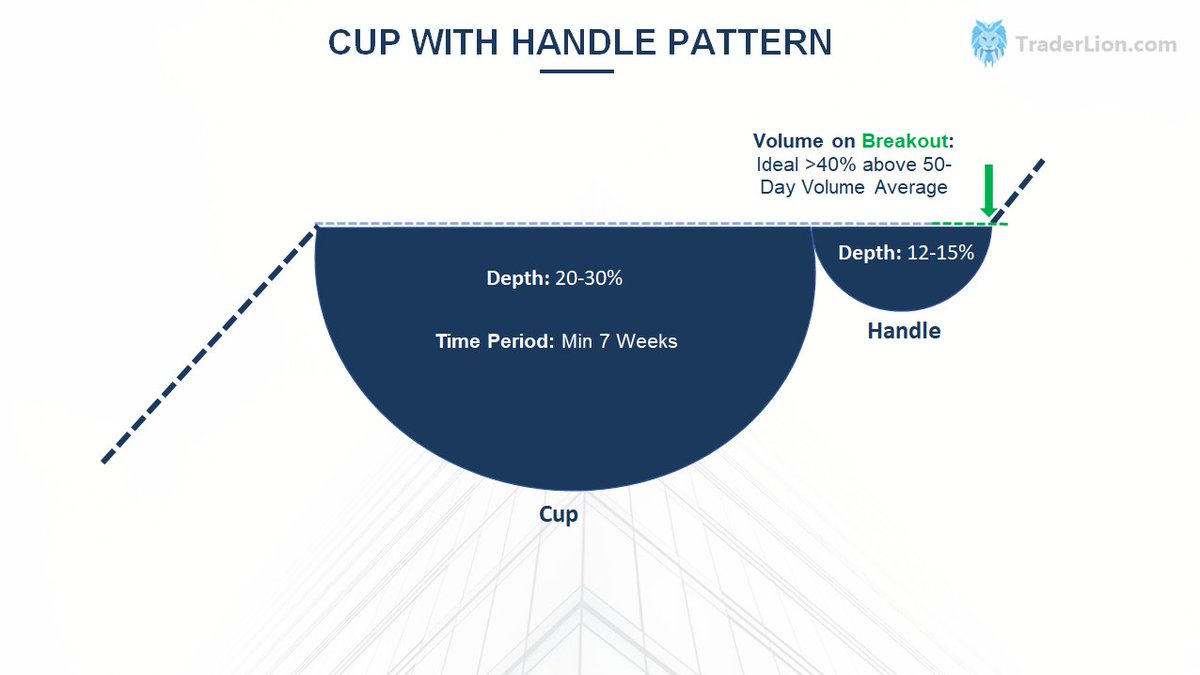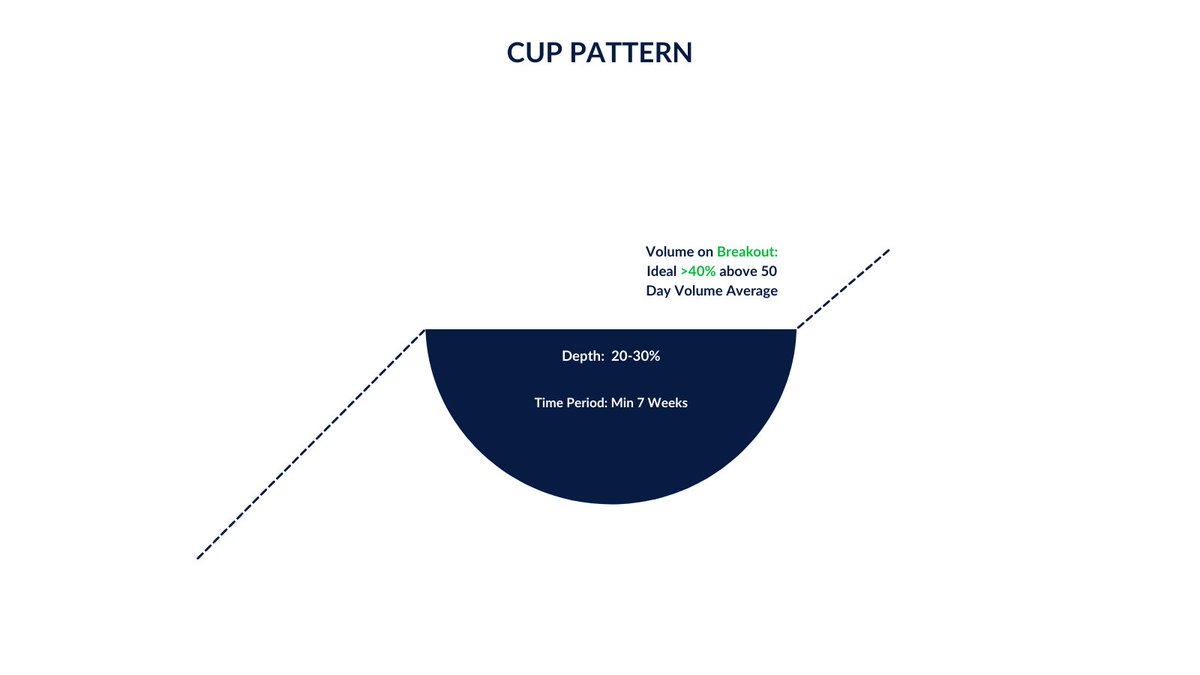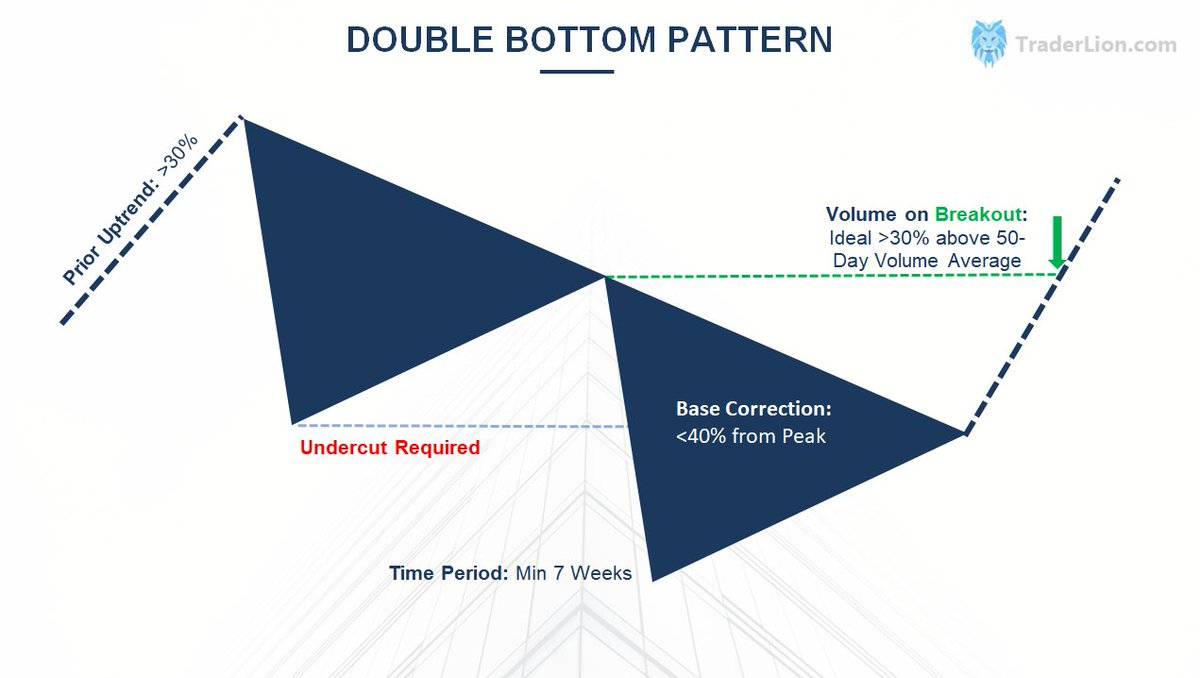The absolute best trading indicator in the world is your gut.
You can spend years looking for the best trading indicator.
Or you can just read this:
The absolute best trading indicator in the world is your gut.
Your intuition only becomes finely tuned after a lot of trials and errors.
Let me explain...
As traders, intuition is how we make decisions without conscious thought.
In other words, the more you trade, the more accurate your intuition gets.
Intuition is no different from muscle memory.
...and you don't have to think or overthink how to do something.
Your intuition is familiar with how this pattern (likely) plays out.
Way more efficient. Right?
The more observant you are, the higher quality your memories will be.
The higher the quality of the memory, the more informed your intuition will be.
You always work within a framework...
It means that with proper focus, education, and TIME — your gut feelings will become incredibly accurate.
The absolute best traders don't think so much... they just execute.
1. Follow me @NickSchmidt_ for more.
2. RT the tweet below to share this thread with your audience.
https://t.co/nHS6ETwThr
3. Have an amazing Friday. 💙
You can spend years looking for the best trading indicator.
— Nick Schmidt \U0001f981 (@NickSchmidt_) April 8, 2022
Or you can just read this:
More from Traderlion
You May Also Like
1/“What would need to be true for you to….X”
Why is this the most powerful question you can ask when attempting to reach an agreement with another human being or organization?
A thread, co-written by @deanmbrody:
2/ First, “X” could be lots of things. Examples: What would need to be true for you to
- “Feel it's in our best interest for me to be CMO"
- “Feel that we’re in a good place as a company”
- “Feel that we’re on the same page”
- “Feel that we both got what we wanted from this deal
3/ Normally, we aren’t that direct. Example from startup/VC land:
Founders leave VC meetings thinking that every VC will invest, but they rarely do.
Worse over, the founders don’t know what they need to do in order to be fundable.
4/ So why should you ask the magic Q?
To get clarity.
You want to know where you stand, and what it takes to get what you want in a way that also gets them what they want.
It also holds them (mentally) accountable once the thing they need becomes true.
5/ Staying in the context of soliciting investors, the question is “what would need to be true for you to want to invest (or partner with us on this journey, etc)?”
Multiple responses to this question are likely to deliver a positive result.
Why is this the most powerful question you can ask when attempting to reach an agreement with another human being or organization?
A thread, co-written by @deanmbrody:
Next level tactic when closing a sale, candidate, or investment:
— Erik Torenberg (@eriktorenberg) February 27, 2018
Ask: \u201cWhat needs to be true for you to be all in?\u201d
You'll usually get an explicit answer that you might not get otherwise. It also holds them accountable once the thing they need becomes true.
2/ First, “X” could be lots of things. Examples: What would need to be true for you to
- “Feel it's in our best interest for me to be CMO"
- “Feel that we’re in a good place as a company”
- “Feel that we’re on the same page”
- “Feel that we both got what we wanted from this deal
3/ Normally, we aren’t that direct. Example from startup/VC land:
Founders leave VC meetings thinking that every VC will invest, but they rarely do.
Worse over, the founders don’t know what they need to do in order to be fundable.
4/ So why should you ask the magic Q?
To get clarity.
You want to know where you stand, and what it takes to get what you want in a way that also gets them what they want.
It also holds them (mentally) accountable once the thing they need becomes true.
5/ Staying in the context of soliciting investors, the question is “what would need to be true for you to want to invest (or partner with us on this journey, etc)?”
Multiple responses to this question are likely to deliver a positive result.


















